
A man suddenly fell to his death from a building, and his wife became a suspect and stood in the dock. Amid the din of court proceedings and public opinion, the son recalled some past events and brought closure to his father's death. "Judgment of the Fall" does take 151 minutes to complete its narrative.
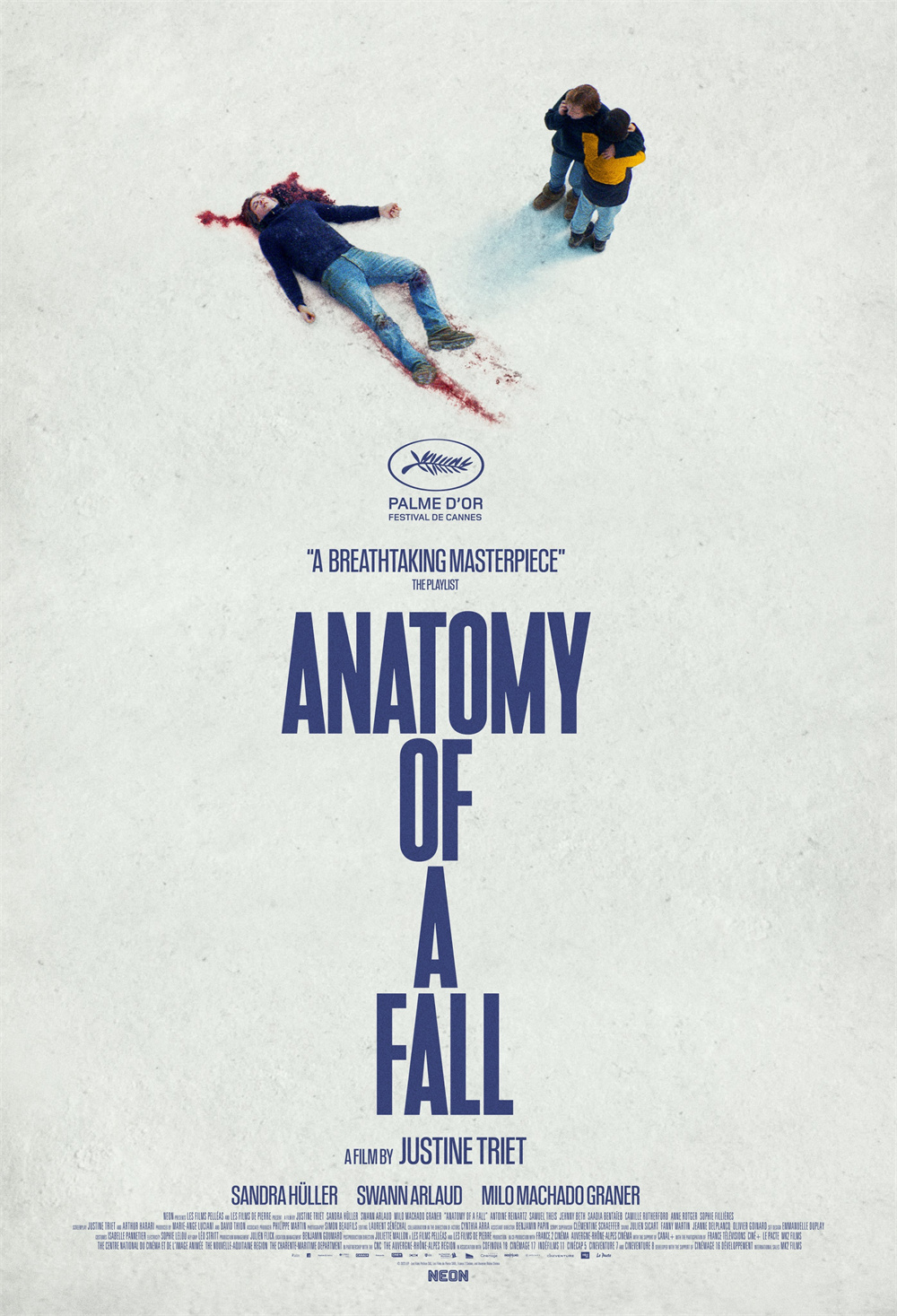
"Falling Judgment" poster
The new work of French female director Justine Trier is gentle, plain and has a strong intellectual spirit. A family of three chose to stay away from the crowd and moved into a wooden house in the French countryside from London. His wife Sandra (played by Sandra Wheeler) is a successful writer, and her husband Samuel (played by Samuel Theis) is a university teacher. Hope to become a writer. His son Daniel lost most of his eyesight due to a car accident in his early years. He loves piano and reading and has a bright heart.
One snowy winter, Samuel fell to his death without warning. Because of the blood stains, the police first ruled out the possibility of suicide. This is a close family where members love each other. Even so, each member has a situation that he must face alone. No one can really help the other person except yourself. The heroine, Sandra, was in court, trying to make this point in a non-native language. She is facing unprecedented difficulties. Her fate depends on whether the stranger in front of her can understand this: the love of her family, family responsibilities, hope, language and writing, all of which combined are no match for the thought of committing suicide.
The director trusted her actors, giving them ample close-ups of their faces and bodies. The actors lived up to expectations, using delicate performances to walk through the unfolding dimensions like organ folds, walking into the depths of memory and emotion.
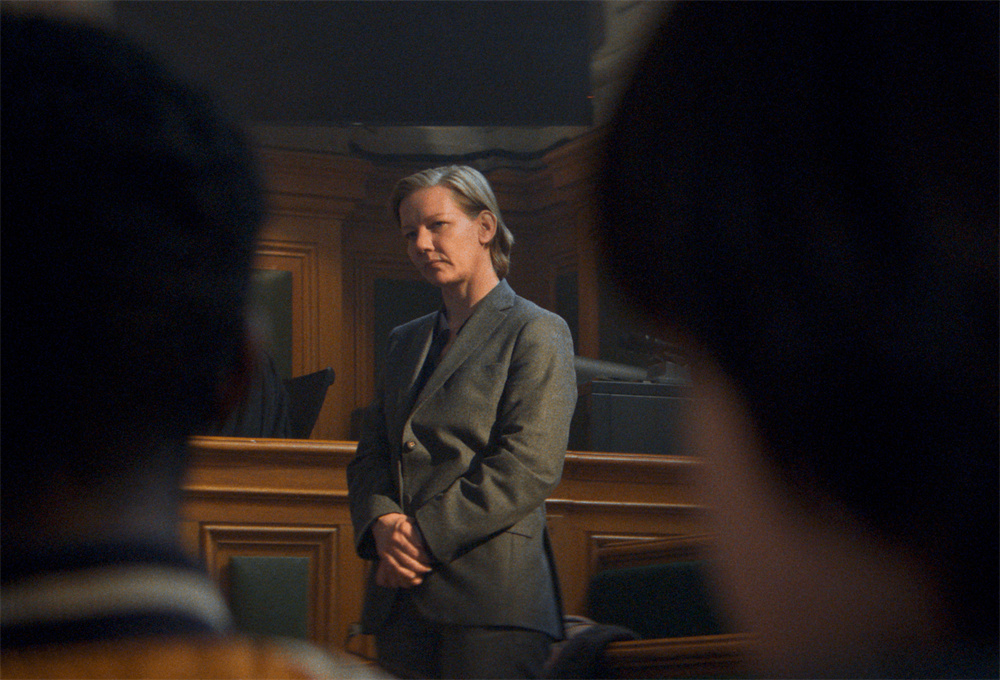
"Falling Judgment" stills
Whether Sandra murdered Samuel was not a matter of suspense from the beginning. The real suspense is how far they can go on this inward journey.
With humility, the characters in the film encounter the limits of language, writing, endurance and love. Deeper is a zone without answers and solutions. People can only continue to live by relying on their own judgment. After enduring pain and loss, there may not be comforting rewards ahead. It’s more likely to be a longer-term loss, but still find a way to survive.
The camera language switches smoothly between the cozy wooden house and the harsh court, memories and the present. The passage of time is expressed very lightly. To restore the truth of Samuel's death, we need to go through several dimensions: public scrutiny, court trials, family/marital relationships, Samuel's inner world, and memories.
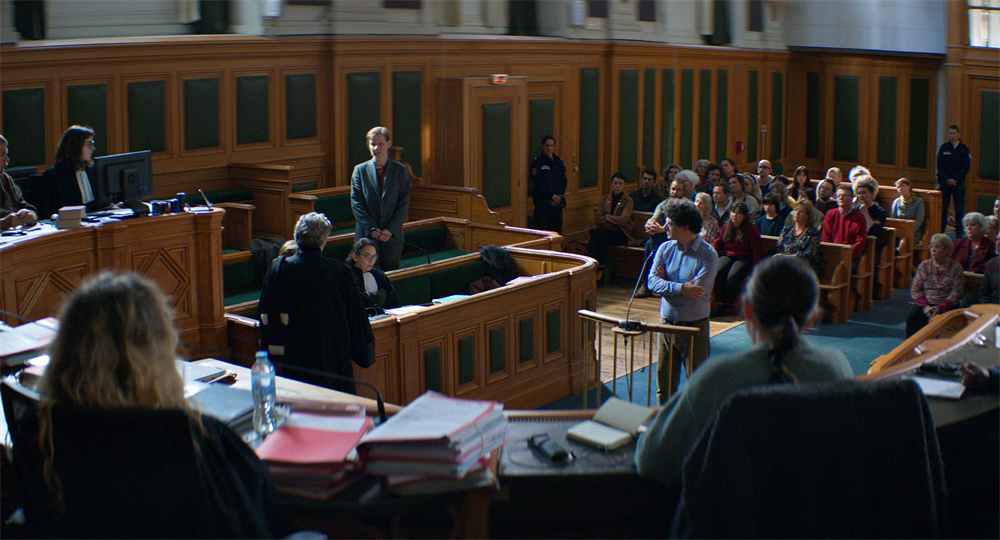
"Falling Judgment" stills
Several dimensions, from far to near, from shallow to deep, are very enjoyable to watch. Most films on this subject only remain at the level of mass media and court trials. Watching these movies, we are fed too many cliches of social psychology - mass ignorance and conformity, collective madness and witch-hunting psychology, etc. There is so little exploration into the depths of the mind and the display of complexity.
The cliche goes like this: the further away you are, the easier it is to look at a problem simply and let your imagination and prejudices directly drive your point of view. Human beings naturally want to avoid complex situations. There is great joy in convicting others with your lips and tongue. This is the main cause of collective blindness.
Another reason why others have difficulty understanding Samuel and Sandra's marriage is that their "power struggle" was to gain time to write. Sandra is a famous writer, Samuel has achieved nothing. He blamed his inability to find time to write on "all the time being stolen by Sandra." He asked Sandra to give him back her time. Sandra refused to admit this, believing that Samuel delayed his writing project simply because he could not face the possibility of failure (although she thought Samuel's unfinished novel was quite good).
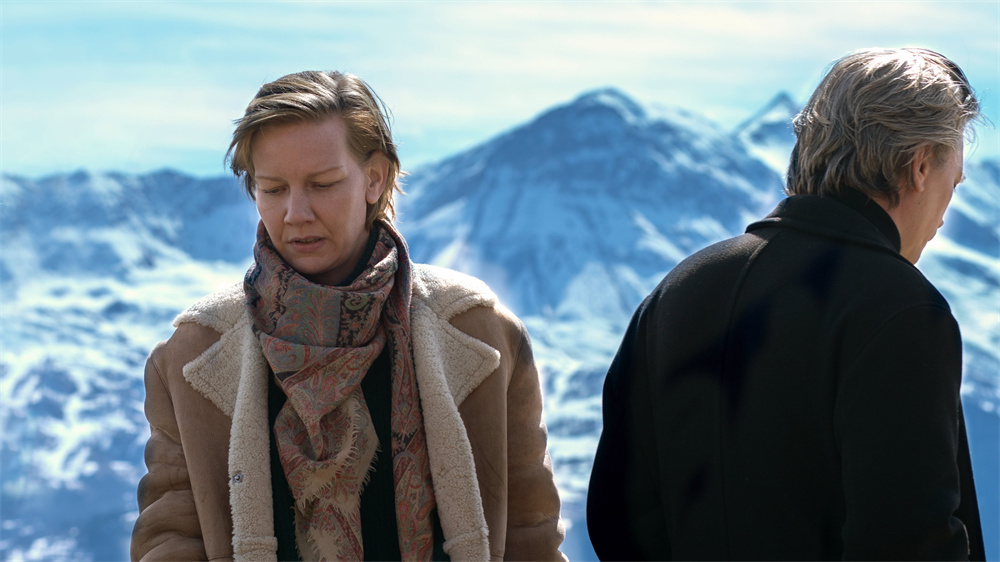
"Falling Judgment" stills
For onlookers who have time to watch the excitement, time may not be precious to them. They may never have had the urge to create. Some confident people jumped out and insisted that Sandra was the murderer. They firmly believe that her calmness in court is a reflection of her gloomy character, and Sandra's autobiographical novels are the external manifestation of her murderous intention.
Although Sandra repeatedly emphasized, it was still difficult for others to believe that the quarreling scene between the two secretly recorded before Samuel's death was not a rehearsal for his murder. Their marriage was far more complicated and intimate than this recording of mutual accusations. The detective didn't believe it, Samuel's psychiatrist didn't believe it, and the public watching the trial didn't believe it even more. These characters are generally portrayed as hateful fools, forming two opposing camps against the lawyers and court workers who believe in and help Sandra. This is a simplistic flaw in the film. Fortunately, these parts were only skipped, and the director focused on the more unspeakable parts.
The marriage of Sandra and Samuel provides the audience with an open space for discussion, regardless of gender or power. The genders of the couple can be interchanged, but it does not affect the plot. Only by breaking away from the shackles of gender and traditional family roles can we have equal access to the discussion of time allocation in marriage. Furthermore, it is the frustration and even despair that arises after people realize their own limitations in certain aspects.
The couple belongs to the intellectual class and, despite financial pressures, lives in a more comfortable environment than most. Life in the French countryside is cut off from all distractions. Cell phones only have the function of making calls, and there is no social pressure. They have time that is less likely to be eaten away than most people, but they still cannot escape the common human problem - anxiety about the passage of time.
There are thousands of troubles in the world, and Sandra and Samuel's troubles are neither more than others, nor are they lessened by the writer's insight.
Sandra understood the complexities of their marriage and her husband's anxieties about his time and talents. Still, she was baffled by what led to her husband's death.
She is German and spent happy time in London. Now she is deeply involved in a lawsuit in a foreign land. All social ties have been cut off and she has almost no friends around her. Sandra was forced to defend herself in court in unsophisticated French, stating facts that she had not clarified. A person who makes a living by expressing himself is placed in this scene, just like a bird whose flight feathers are clipped, and the struggle process is exposed to the public eye.
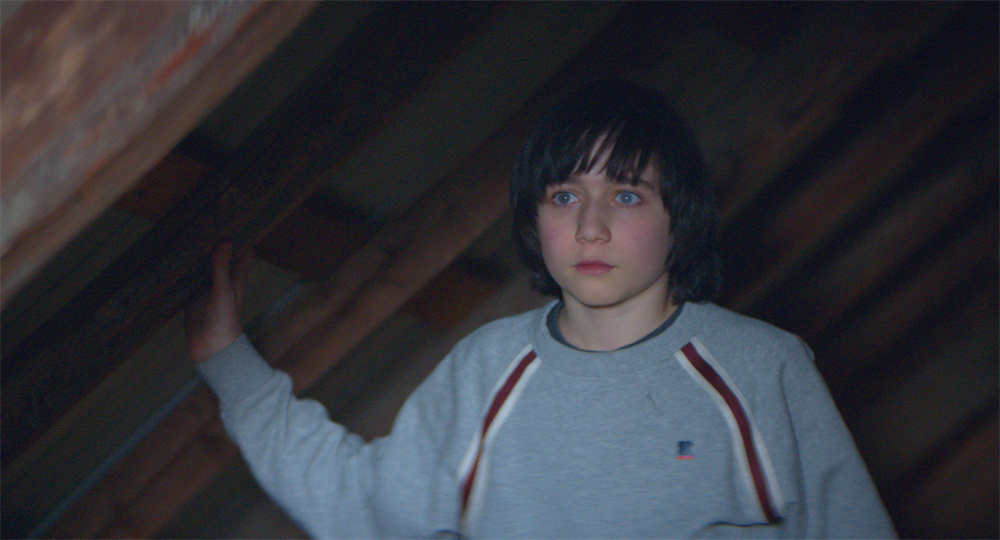
"Falling Judgment" stills
Their son Daniel asked to attend the entire trial. This precocious child understood from the moment he touched his father's body that his life had been irreversibly changed. He quickly and bravely accepted this, declined the so-called protection provided by adults, and decided to go through the entire trial process on his own.
Looking at a character like Daniel, and the actor Milo Machado Grana who plays him, one wonders what kind of amazing adults such children will grow into.
Daniel achieved the growth that many people cannot achieve in a lifetime in just a few days. He already knows that there are unsolvable problems, and he also knows that some problems can only be solved by himself. In the absence of evidence, there is no other way but to leave yourself to time and wait patiently for the door to the depths of memory to open.
The camera gently slides into the memories of Daniel and his father. He recalled some conversations that had been ignored at the time. Through the distance of memories, Daniel looked at his father again from an independent perspective, and realized the hidden meaning behind his father's words.
Life does not reward suffering. Sandra realized this and it was her growth. She was disappointed and exhausted, but finally fell asleep holding the big dog Snoopy.
There is no easy way out of a complicated life. The question is, do you dare to admit this? Do you have the patience to take this road to the end?
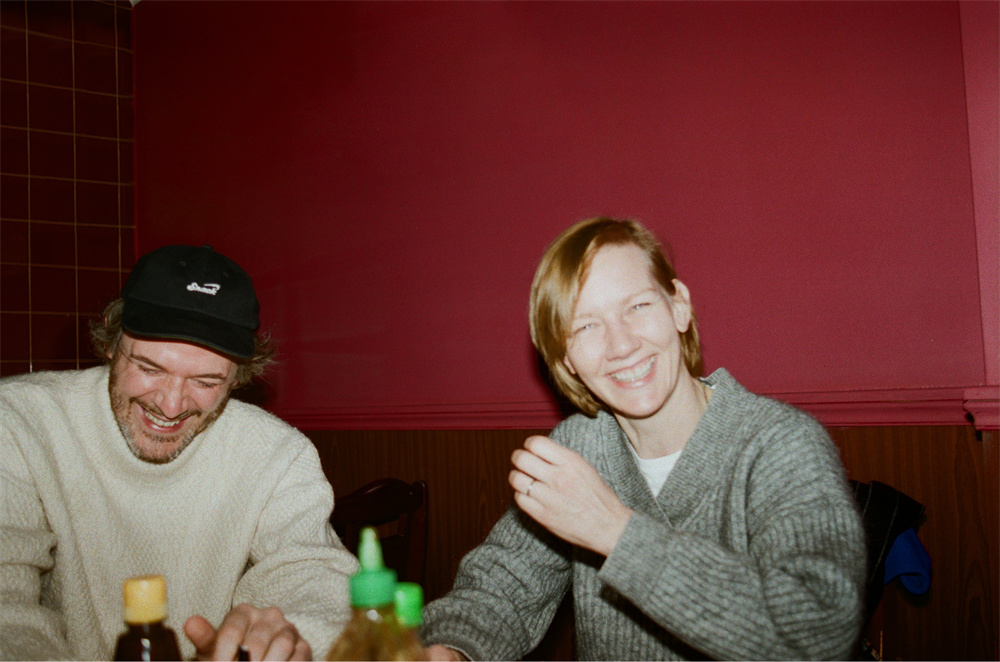
"Falling Judgment" stills


